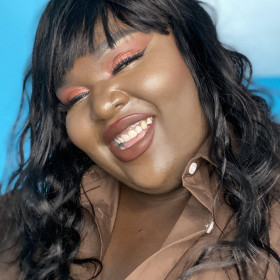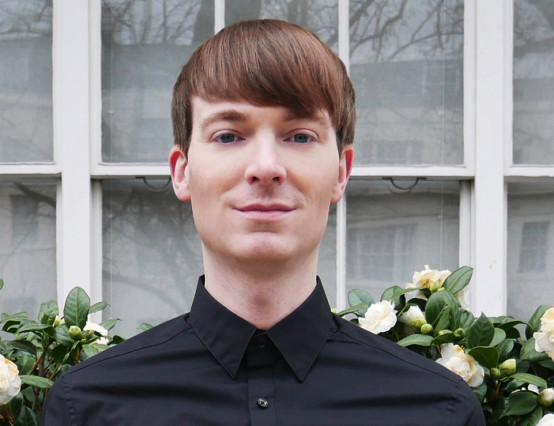When I hear that someone doesn’t want to go to university because of the amount of debt they will be in, I both laugh and at the same time cry because it’s not something I like to think about. Regardless, university is a choice that many of us choose. When it comes to making the choice of what to study however, our options can be affected in a number of ways: the need to find a well paid job at the end of it, by what our parents want us to do, or by our desire to enter into something stable and reliable.
Although these are things to consider for the life that you want when you graduate, they are not the most encouraging - in terms of deciding on a course that makes you happy, as well as keep your attention for the three, sometimes four, long years ahead.
No matter what you decide to study at university, as long as it’s a choice you can sleep easy with, without dreading every class or every assignment, then you’ve made the right choice. Here are a few things to bear in mind through your decision.
If you wouldn’t read about it, don’t do it
It’s not only important to think about your skills but to think about what you like. It’s logical that the course you pick ties into your A levels, but make sure that it’s something you can abide studying for the next three years. If you wouldn’t read a book on it, you probably aren’t prepared to read multiple books on it, research it extensively and write a mass of essays about it. Find something that interests you, something that has many dimensions to it and interesting components. You will find all of the information you need on the course on the universities website; it will outline the modules and what they entail, and from this you can determine if the content has variety.
Research until it hurts
Through your academic performance you would have learnt your strengths and weaknesses. If you don’t perform your best in exams, then find a course that is predominantly assignment based, and so forth. Do your research via university websites, student forums and even by contacting the university directly for more information. This is a big decision that you’re making and there is no rush; keep researching until you’re comfortable with your decision.
Two halves can make a right
Many courses have overlapping features, so this might be a job for a joint or combined honours. This not only allows you to study two courses simultaneously, but in some universities, you can decide your own balance; 50/50 Film Studies and Performing Arts, or 60/40 Applied Sciences and Psychology. Joint honours are suitable for those whose choices in some ways complement each other. If they don’t however, don’t be deterred about enquiring; you are no longer in school and your future is yours more than you realise.
Compromise isn’t a dirty word
Don’t be deterred by the pernickety; if you are finalising your choices and some courses have slight differences, don’t let that dissuade you from what attracted you to the course/university initially. If you can live with it comfortably, then it’s worth a shot. You might find that one university has a course that you’re excited about, but the campus location isn’t as localised. It’s important not to get bogged down by things that are easily adaptable; once you let things like that go, it makes the process less tiresome.
Don’t hide if you can’t decide
If after all the research, compromise and stress you still can’t decide on a course, tackle it from a different angle. Think about what you want from the course and compile a list of courses that help you there. Many courses have varying career pathways, which in my opinion, is the great thing about them. If you pick a course that has high employability prospects and transferable skills to your desired career, you can’t go far wrong. Some are lucky enough to know what they want but if you don’t it doesn’t mean that you aren’t on the right path. Cut yourself some slack and explore your options: talk to a careers advisor or ask those around you what they can imagine you’d be good at. Even if you can’t picture it, remember elimination is still a form of progress.









0 Comments